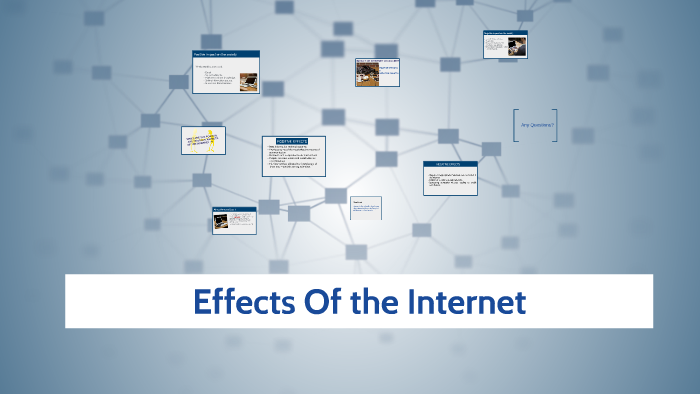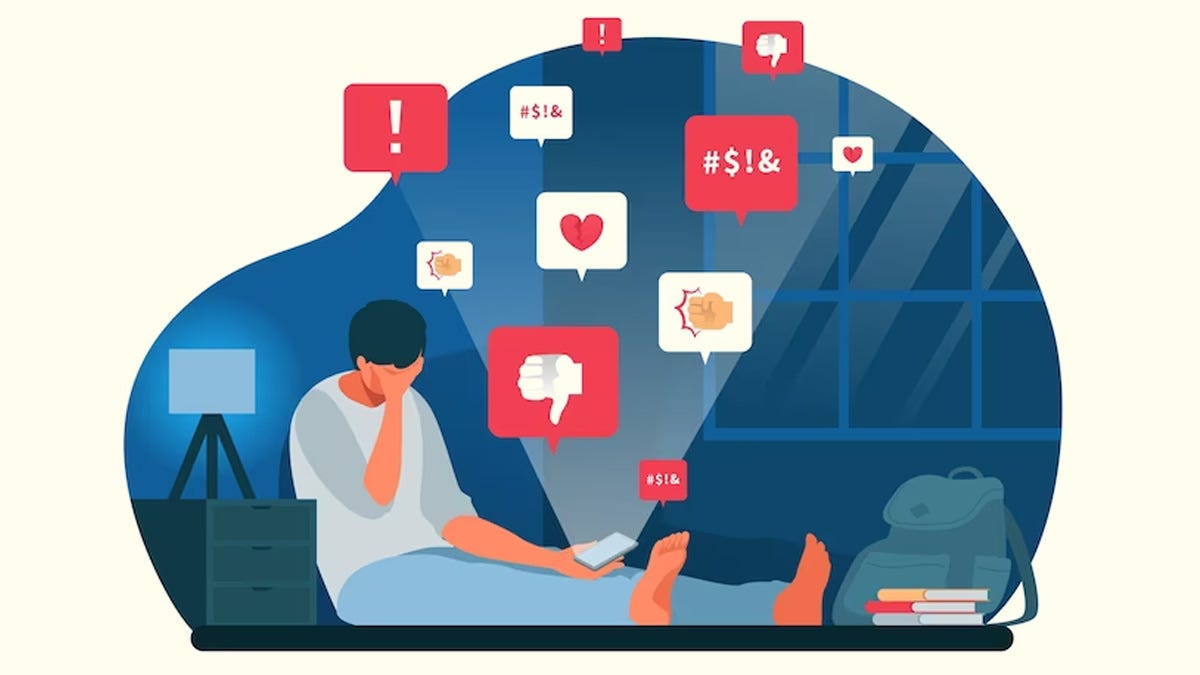The internet has become an omnipresent force, influencing virtually every aspect of our lives. For teenagers, this influence is particularly profound. The online world offers endless opportunities for social interaction, learning, and entertainment, but it also poses significant risks to mental health. Understanding how internet usage affects teens’ mental well-being is crucial for fostering a balanced and healthy digital environment. This article explores the complex relationship between internet usage and teen mental health, examining both the positive and negative effects, and offering strategies to mitigate potential risks.
The digital revolution has transformed how we communicate, learn, and entertain ourselves. For teenagers, growing up in this interconnected world presents unique challenges and opportunities. While the internet provides access to vast resources and social networks, it also introduces potential risks that can impact mental health. As we delve into this topic, we’ll uncover how internet usage influences various aspects of mental well-being and explore ways to support teens in navigating the digital landscape.
As part of a commitment to ensuring online safety, Fast Mobile Proxy presents this article as a comprehensive guide to understanding the impacts of internet usage on teenage mental health. Our goal is to equip parents, educators, and teenagers themselves with valuable insights and practical strategies for navigating the digital landscape responsibly. By addressing both the positive and negative aspects of internet use, we aim to foster a safer online environment and promote mental well-being. We hope this guide serves as a useful resource in managing online experiences and supporting the mental health of today’s youth.
The Rise of Internet Usage Among Teenagers
Overview
Recent studies reveal that internet usage among teenagers has skyrocketed. According to a report from the Pew Research Center, over 90% of teens have access to smartphones and spend an average of nine hours online daily. This constant connectivity shapes their social interactions, academic performance, and overall mental health.
The Digital Landscape
Teenagers use the internet for various purposes, including social media, gaming, streaming, and online learning. These activities can have diverse impacts on mental health, both positive and negative.
Positive Aspects of Internet Usage
Enhanced Communication and Social Connection
Social Media Platforms:
Platforms like Instagram, Snapchat, and TikTok allow teens to connect with friends, share experiences, and engage in online communities. These connections can foster a sense of belonging and support.
Support Networks:
Online forums and support groups provide spaces for teens to discuss mental health issues, seek advice, and find solace in shared experiences.
Educational Benefits
Access to Information:
The internet offers vast resources for academic research, skill development, and learning opportunities. Educational websites and platforms can enhance academic performance and intellectual growth.
Interactive Learning:
Online tools and games can make learning more engaging and effective, catering to different learning styles and needs.
Creative Expression
Content Creation:
Platforms like YouTube and TikTok enable teens to express their creativity through video content, music, and art. Creative outlets can be therapeutic and boost self-esteem.
Online Communities:
Communities centered around hobbies and interests provide a sense of belonging and validation, allowing teens to connect with like-minded individuals.

Negative Aspects of Internet Usage
Cyberbullying and Online Harassment
Prevalence:
Cyberbullying is a growing concern, with teens facing harassment, threats, and humiliation online. The anonymity of the internet can embolden bullies and exacerbate the impact on victims.
Emotional Toll:
Victims of cyberbullying often experience anxiety, depression, and low self-esteem. The pervasive nature of online harassment can make it difficult for teens to escape its effects.
Social Comparison and Self-Esteem Issues
Idealized Images:
Social media platforms often feature idealized and curated images, leading to unrealistic comparisons. Teens may feel pressured to conform to these standards, impacting their body image and self-worth.
Fear of Missing Out (FOMO):
Constant exposure to others’ highlight reels can create feelings of inadequacy and exclusion, contributing to anxiety and depression.
Internet Addiction and Mental Health
Excessive Screen Time:
Excessive internet usage can lead to internet addiction, characterized by a preoccupation with online activities at the expense of real-life responsibilities and relationships.
Impact on Sleep:
Late-night internet use can disrupt sleep patterns, leading to fatigue, irritability, and difficulty concentrating
The Role of Parents and Caregivers
Setting Boundaries
Screen Time Limits:
Establishing clear limits on screen time can help balance online and offline activities, promoting healthier habits.
Open Communication:
Encouraging open dialogue about internet usage and online experiences allows teens to express their concerns and seek guidance.
Monitoring and Support
Parental Controls:
Utilizing parental control tools can help monitor and manage online activities, ensuring a safer digital environment.
Emotional Support:
Providing emotional support and addressing mental health concerns promptly can mitigate the negative effects of internet usage.
Strategies for Teens to Maintain Mental Well-Being
Practicing Digital Detox
Regular Breaks:
Taking regular breaks from screens and engaging in offline activities can reduce stress and improve overall well-being.
Mindful Usage:
Being mindful of online time and setting boundaries for digital engagement can prevent overuse and promote a balanced lifestyle.
Seeking Professional Help
Therapy and Counseling:
Professional counseling and therapy can provide valuable support for teens struggling with mental health issues related to internet usage.
Online Resources:
Leveraging online mental health resources and helplines can offer additional support and guidance.
Concusion:
The internet’s impact on teen mental health is a double-edged sword. While it offers numerous benefits, such as enhanced communication, educational opportunities, and creative expression, it also presents significant challenges, including cyberbullying, social comparison, and addiction. By understanding these dynamics and implementing strategies to manage internet usage, both teens and their caregivers can navigate the digital landscape more effectively. Promoting a balanced approach to internet use and prioritizing mental well-being are essential steps toward ensuring a healthy and positive online experience for today’s youth.
In the context of managing mental health challenges exacerbated by online interactions, ketamine therapy is an emerging treatment option that offers new hope. This innovative therapy has shown potential in rapidly alleviating symptoms of severe depression and anxiety, which can be particularly relevant for teenagers struggling with the mental health impacts of excessive internet use. For teens experiencing intense emotional distress, traditional therapies might not always provide immediate relief, making ketamine therapy a valuable alternative. By addressing severe mental health issues effectively, ketamine therapy can help teens better manage the stressors associated with their online experiences, improving their overall well-being and resilience. It’s important for caregivers to consider all available resources, including cutting-edge treatments like ketamine therapy, when supporting their teenagers through the complex interplay of internet usage and mental health.
